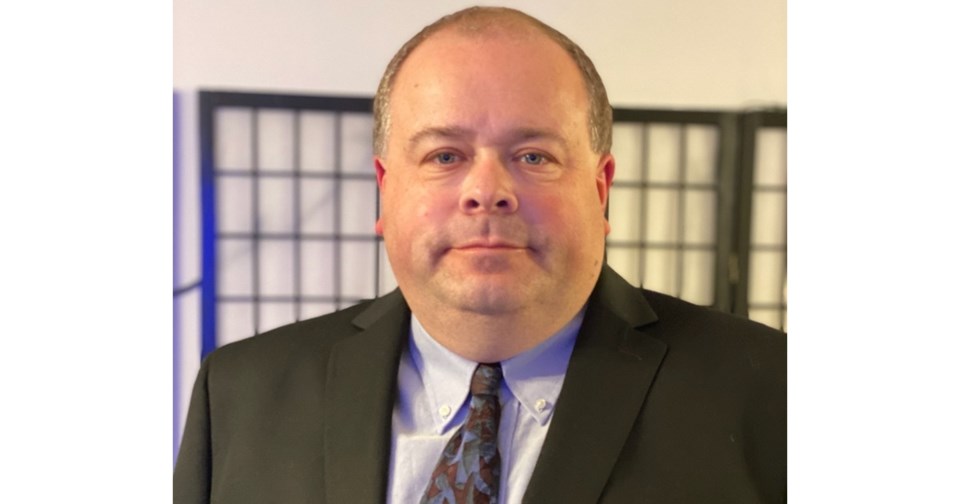HUMBOLDT — Michael Behiel, Humboldt’s mayor, is advocating accountability for federal parties on mental health, addictions and suicide, which he calls an “ongoing epidemic.”
According to Statistics Canada, in 2018, roughly 5.3 million people in Canada mentioned they needed some help for their mental health in the previous year. Almost half of these Canadians either had their needs partially met with some help, at 1.2 million people, or had needs that were fully unmet, at 1.1 million people.
Canadians who needed help for their mental health, but were without a regular health care provider were more likely to report unmet or partially met needs at 60.3 per cent, compared to those who did have a regular health care provider at 41.2 per cent.
The most frequently reported reasons for having unmet or partially met needs were related to not knowing where to go, being too busy or not being able to afford to pay.
Almost one-quarter of respondents, 22.6 per cent who had unmet or partially met needs reported that they preferred to manage their needs on their own.
“It just shocked me that when they announced the federal election not one party came out with any stance or any comments regarding mental health, addictions and suicide,” Behiel said.
“What we are pushing for right now, is hopefully to have an all candidates forum in Humboldt where we will put this to them, asking them what their stance is and what they will be planning to do to address this pandemic in terms of these issues.”
According to Behiel, after discussions with the province a working group was formed consisting of other municipal mayors and a Saskatchewan Urban Municipalities Association delegation with the specific goal of addressing homelessness, addictions and mental health in their communities.
The group has met once with their next meeting set for November in Regina.
“The working group is to try to start getting some motions forward and some of these things addressed and dealt with so we can move forward and get these things under control.”
Federally, each party has a specific platform to address mental health care, but each one's methods differ drastically.
The New Democratic Party (NDP) platform promises to make sure every Canadian can access dental, hearing, mental, addictions, and seniors’ care. To accomplish this they’re campaigning for a national universal pharmacare program that covers every Canadian.
The Conservative Party of Canada platform promises to boost funding to provinces for mental health care, provide incentives to employers to provide mental health coverage to employees, and create a nation-wide, three-digit suicide prevention hotline.
The Green Party platform promises to expand public health care to include pharmacare; establish a Crown corporation to bulk purchase and dispense prescription drugs and provide coverage to the one in three Canadians forced to pay for prescription medication; include basic dental care in national coverage; and extend dental care to low income children.
Specifically in terms of addictions, the Green Party platform promises to treat drug addiction as a public health issue, not a felony.
The Liberal Party of Canada platform promises to invest $10 billion to eliminate waitlists in the healthcare industry, invest $3 billion to hire 7,500 family doctors, nurses, and nurse practitioners over four years; and to recruit more health professionals in rural and remote regions.
“It’s a crisis we have to address everywhere, and we see it not just in Humboldt but you read it in the news every day from Saskatoon, Regina, North Battleford, Winnipeg, Calgary, Edmonton – it goes right across the country everywhere,” Behiel said.
“These are your elected officials, so if you have an opportunity to speak to any of them, ask them, ‘What is your goal to deal with this?’”
The federal election is set for Sept. 20.




